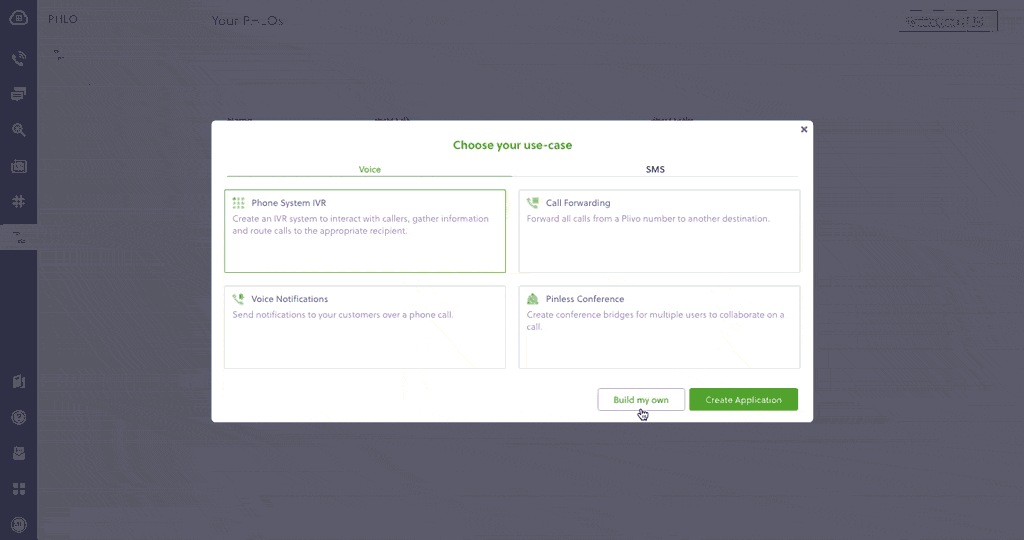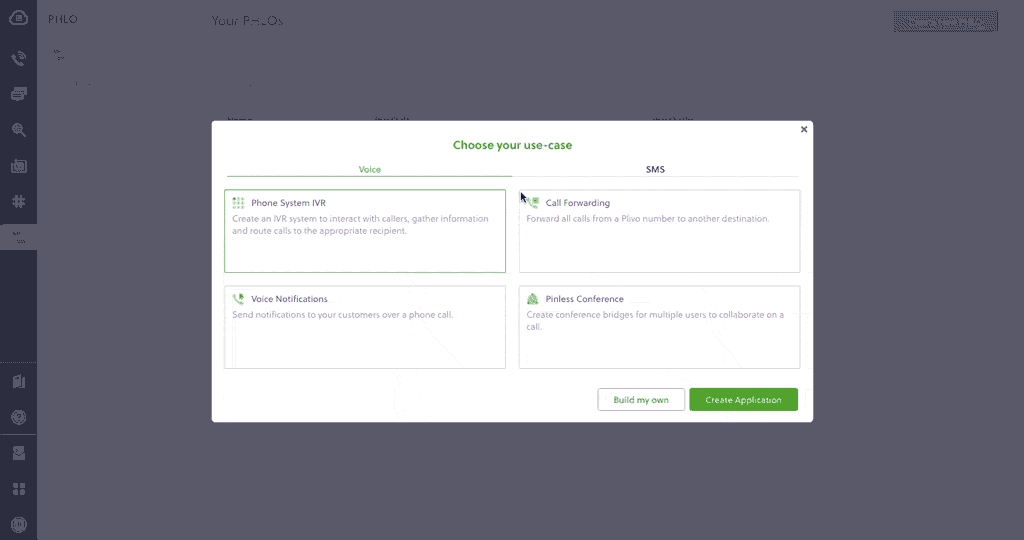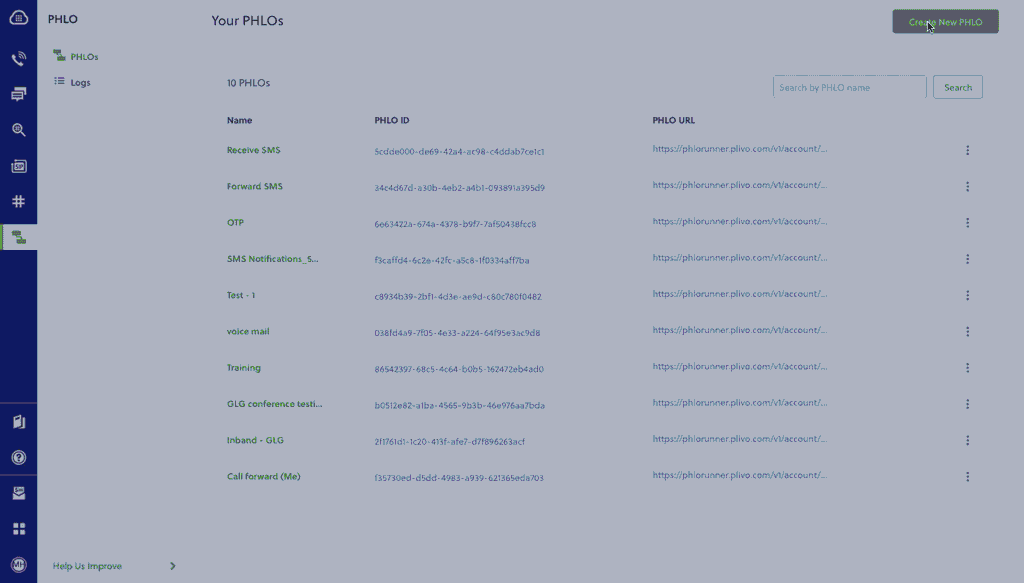Introduction
Migrating from Twilio to Plivo is a seamless and painless process. The two companies’ API structures, implementation mechanisms, XML structure, SMS message processing, and voice call processing are similar. We wrote this technical comparison between Twilio and Plivo APIs so that you can scope the code changes for a seamless migration.Understanding the differences between Twilio and Plivo development
Most of the APIs and features that are available on Twilio are also available on Plivo and the implementation mechanism is easier as the steps involved are almost identical. This table gives a side-side comparison of the two companies’ features and APIs. An added advantage with Plivo is that not only can you code using the old familiar API/XML method, you can also implement your use cases using PHLO (Plivo High Level Objects), a visual workflow builder that lets you create workflows by dragging and dropping components onto a canvas — no coding required.| Features and APIs | Twilio | Plivo | Similarities | Implementation Interface |
|---|---|---|---|---|
| SMS API: Send SMS/MMS messages | ✅ | ✅ | Request and response variables’ structure | API, PHLO |
| Managed number pool for US/CA Messaging | Copilot | Powerpack | Feature parity | API, Console |
| Geo Permissions | ✅ | ✅ | Feature parity | Console |
| SMS Sender ID registration | ✅ | ✅ | Feature parity | Console |
| Number Lookup API | ✅ | ✅ | API Parity | API |
| Phone number management | ✅ | ✅ | Feature parity | API, Console |
| Validating Requests | ✅ | ✅ | Feature parity | API, XML |
| Subaccounts | ✅ | ✅ | Feature parity | API |
| HTTP callbacks | ✅ | ✅ | Feature parity | API, XML, PHLO |
Plivo account creation
Start by signing up for a free trial account that you can use to experiment with and learn about our services. The free trial account comes with free credits, and you can add more as you go along. You can also add a phone number to your account to start testing the full range of our voice and SMS features. A page in our support portal walks you through the signup process. You can also port your numbers from Twilio to Plivo, as we explain in this guide.Migrating your SMS application
You can migrate your existing application from Twilio to Plivo by refactoring the code, or you can try our intuitive visual workflow builder PHLO. To continue working with the APIs, use one of the quickstart guides to set up a development environment for your preferred language. Plivo offers server SDKs in seven languages: PHP, Node.js, .NET, Java, Python, Ruby, and Go. For another alternative that lets you evaluate Plivo’s SMS APIs and their request and response structure, use our Postman collections.How to send an SMS message
Let’s take a look at the process of refactoring the code to migrate your app from Twilio to Plivo to set up a simple Python application to send an SMS message by changing just a few lines of code.
How to receive and reply to SMS
You can migrate an application for receiving and replying to an incoming SMS from Twilio to Plivo just as seamlessly, as in this example:
How to send an MMS message
Let’s take a look at the process of refactoring the code to migrate your app from Twilio to Plivo to set up a simple Python application to send an MMS message by changing just a few lines of code.
More use cases
You can migrate your applications serving various other use-cases like the following ones too:- Two-factor authentication
- Forward Incoming SMS
- Delivery reports
- SMS alerts
- SMS marketing
- SMS notifications
- SMS survey
- SMS autoresponder
- Forward SMS to email
- Receive MMS
Porting your existing numbers from Twilio to Plivo
If you wish to continue using your phone numbers from Twilio, you can port the numbers to Plivo painlessly without having any downtime on your services for your customers. Phone number porting must be requested by a phone number’s owner. Here’s an overview of the process for porting a phone number to Plivo:- Submission of a porting request with documentation
- Verification of the porting request
- Porting request submission to the gaining carrier
- Porting request submission to the losing carrier
- Response from the losing carrier
- Firm Order Commitment or porting date set